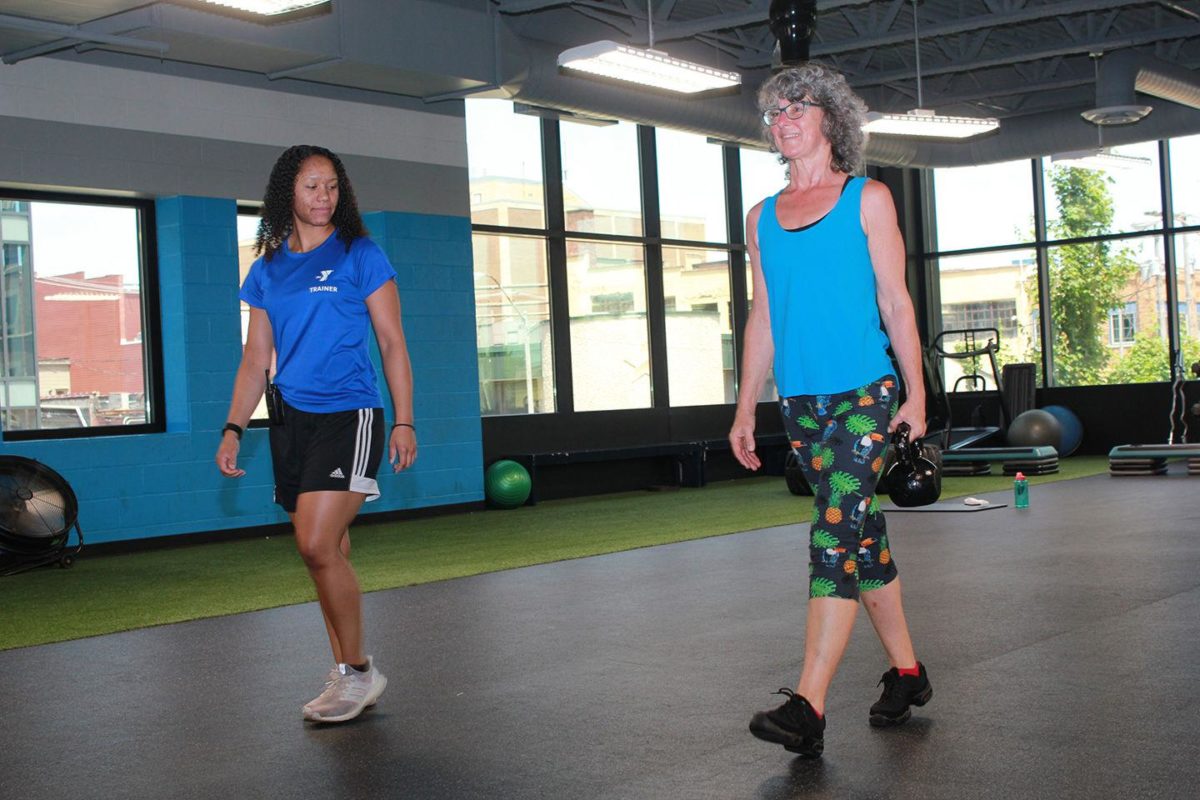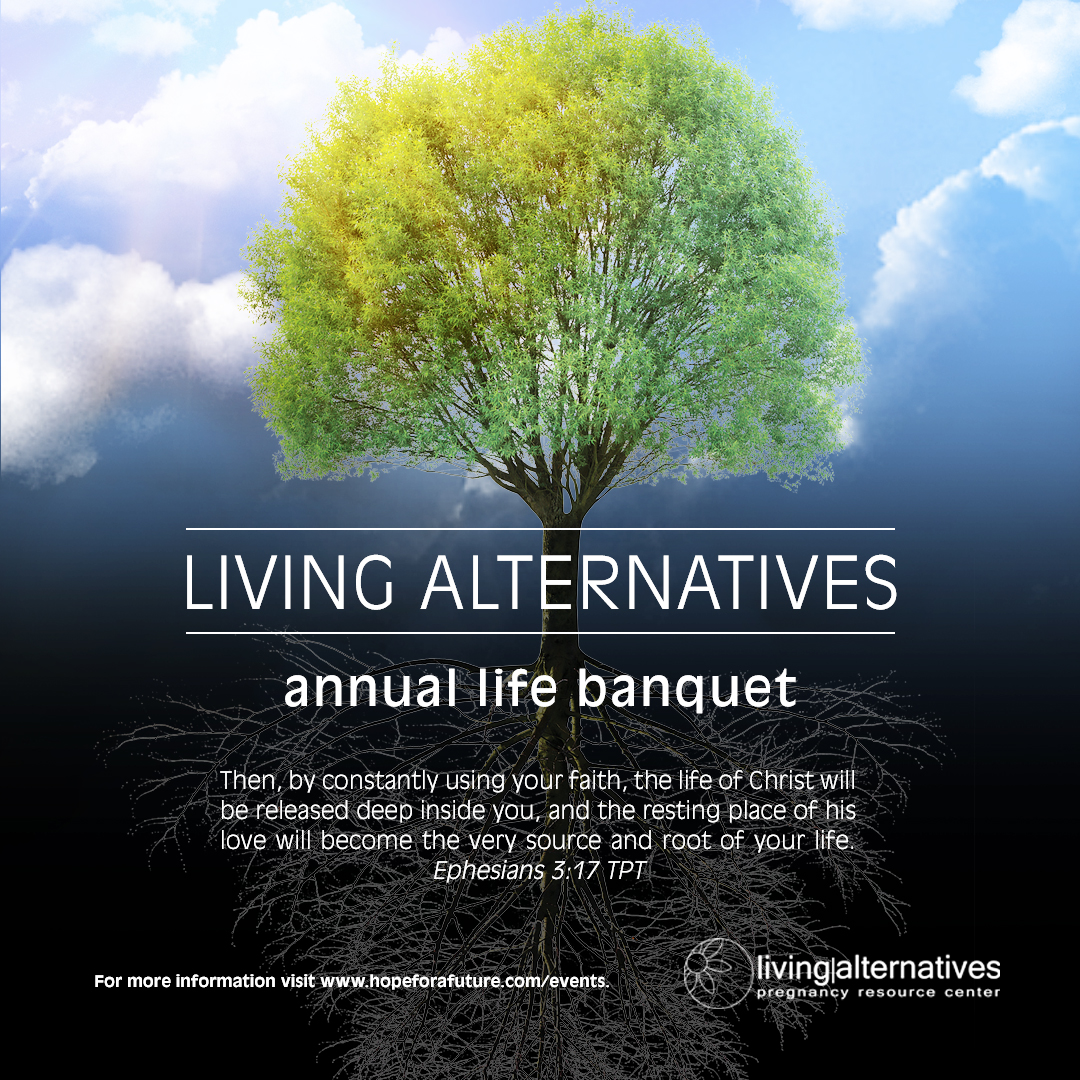By Alyx Arnett
Reprinted from the June 24, 2019 issue of The Kokomo Perspective.
When a local woman was faced with death after being diagnosed with Stage 4 colon cancer, she chose life. And she did it while opting to go the less-traditional route by forgoing chemotherapy.
In January 2018, Nancy Gibson, 56, was diagnosed with the disease, and it didn’t come as a surprise. The symptoms had been there off and on for years, but she had been taking care of her husband who was sick with cancer and later died in 2015. The symptoms were there as early as 2013, but Gibson said she put her own health on the backburner.
“I’m self-induced colon-cancer, and there were signs along the way I didn’t pay attention to. I was taking care of my husband, and after he passed, you know, you just don’t take care of yourself,” said Gibson.
On Jan. 1 last year, Gibson woke up in the hospital with an ostomy bag after suffering a complete blockage. She had the bag for six weeks before she underwent surgery on Feb. 19, 2018, to reverse the ostomy and remove a foot-and-a-half of her colon. Doctors found two cancerous tumors in her liver and several in her lymph nodes, which classified her cancer as stage 4.
Gibson was told, with chemotherapy, she could live another two to four years. Without it, she could expect another 12 to 18 months.
Having watched her husband undergo chemotherapy for three years to treat melanoma, Gibson said she didn’t want that, never mind the fact that she didn’t have the income to pay for it anymore. She had quit her job as a superintendent at Haynes International to care for her husband years prior and wasn’t working a job that could pay for expensive treatments anymore.
Her husband’s chemotherapy cost $2,600 a month after insurance, she said, and it was hard on him. Most days, he was bedridden, and when he was able to get around, he tired quickly.
When it came time for Gibson to make a decision on whether to undergo chemotherapy, she decided against it.
“When it came time for me, I was like, ‘OK, number one, I don’t have that kind of money now, and number two, I’d rather take part of that money and travel and work out and do the things I love to do when it comes to life because the end game is the end game. You’re going to die.
“Everyone is going to die, so for me, it’s what goes on between here and there because I don’t like being sick. I don’t want to be sick for two for four years. What the heck. I’d rather be like this for 18 months than like that for two to four years,” she said.
Having an expiration date put on her life was eye-opening and forced her to figure out what really was important in life.
Prior to her husband’s diagnosis, work was what was important to her and striving for the next promotion and the next pay raise and more responsibility, like most people, Gibson said. All of that, she realized, wasn’t what life was about. When faced with death, she said she realized she wasn’t living to begin with.
“My cancer is the biggest blessing of my life, and I would not go back and have anything change if it meant that I couldn’t be who I am today.”
Nancy Gibson
“Our whole concept of life and death and what we think of life, to me, is really death. What do we do? We set an alarm. We go to work. We hate the day. We go home. We get up, and we do it all over again. We never really learn to live, and this has forced me to,” she said.
Since her diagnosis, she’s been to San Diego, Boston, Key West, and Chicago. And she’s taken up exercise again, something that once was important to her. Twice a week she works out with a trainer at the Kokomo Family YMCA and takes yoga classes. She also picked up a job that she always daydreamed about doing while working at Haynes: watering flowers in a greenhouse.
Her faith also has become increasingly important, as well as her focus on her health. As lifestyle factors, such as diet and exercise, are known risk factors for developing colon cancer, Gibson has been working to swing the pendulum back the other way after she said she let herself go. One of her late husband’s doctors, who happens to be her own cancer doctor now, had given him a book called “Anti-Cancer: A New Way of Life” by David Servan-Schreiber, MD, PhD, and Gibson has been working to incorporate healthy foods into her diet. Since her diagnosis, she’s lost 70 pounds.
“Before my diagnosis, I drank too much. I ate too much. I had a high-stress, high-pressure job in the plant,” she said. “Unfortunately, I lost track of my health, and I ended up with cancer.”
A Milestone
On July 1, Gibson will hit the 18-month mark, the date she wasn’t predicted to make it past. And the past 18 months, she said, have been some of the best in her life.
“When I made the decision not to pursue chemo, I only had one other choice. That’s my faith, and that’s just trusting and knowing that there is something greater for us, a greater reason for us being here than what I knew going to work and having a job,” Gibson said. “Through this experience, this has been the biggest blessing of my life. My cancer is the biggest blessing of my life, and I would not go back and have anything change if it meant that I couldn’t be who I am today.”
She’s also been on the receiving end of some of the stigma attached to not having chemotherapy. A lot of people, she said, assume she’s giving up.
“What’s really important for anyone that’s out there is for them to know it’s their choice, and you can’t imagine the peer pressure when you say you’re not going to do treatment. People are like, ‘Oh my gosh, you’re not going to fight,’” she said. “Well, I freaking fight every day.”
Gibson thanked her oncologist, Dr. John Salter at Community Howard Regional Health, for his support and not putting “undue pressure” on her. She said he’s given her great suggestions as far as ways to improve her health diet-wise.
Her hope, she said, is that she’s able to continue living her life as she is now for as long as possible and to remind people that no matter how bad their situation seems that there’s always hope.
“I just want everybody to have a good outlook no matter what your circumstances are. You can change your life by changing your thinking. We are in control of so much within ourselves,” she said. “We’re living in a time when there’s so much negativity everywhere that it’s hard to turn away from it, but when you do, man, look out because it’s beautiful.”
Gibson also wished to remind people not to get so caught up in the day-to-day aspects of life so much that they miss out on living it.
The Disease
Excluding skin cancers, colon cancer is the third-most common cancer diagnosed in men and women in the U.S. and also the third-leading cause of cancer-related deaths, according to the American Cancer Society.
The death rate for the disease has been dropping for the past several decades, and part of that is attributed to the availability of screenings for early detection. The five-year survival rate for those with localized colon cancer in which there is no sign the cancer has spread is 90 percent. Those with distant colon cancer, such as Gibson, which has spread to other parts of the body, is 14 percent.
According to the American Cancer Society, people being diagnosed now may have a better outlook than those numbers show, as they’re based on people who were diagnosed and treated at least five years earlier, and the numbers also don’t take into account factors such as age, overall health, and how far the cancer has spread.
Lifestyle risk factors include being overweight or obese, physical inactivity, certain types of diets, smoking, heavy alcohol use, while other risk factors can’t be changed, such as age, family history, and personal history of inflammatory bowel disease.



